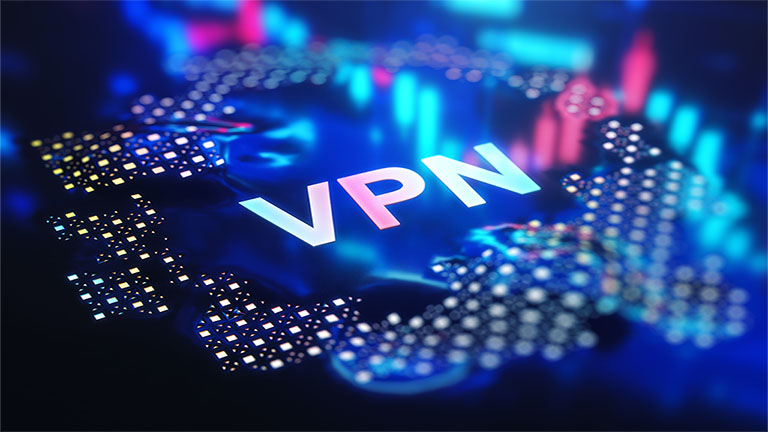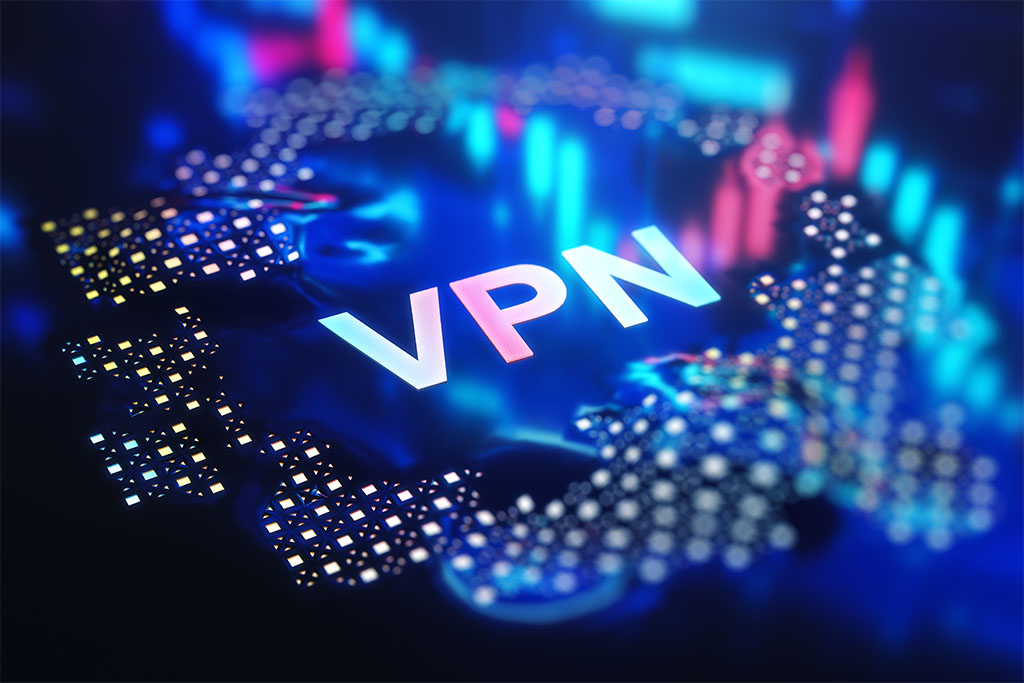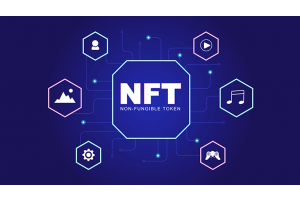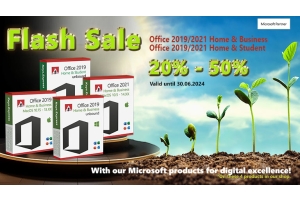Hello Guest! Welcome to Keys.Express
What is VPN and is Free VPN Enough?



What is VPN and is Free VPN Enough?
In a digital world where our privacy is increasingly diminishing and online threats are ubiquitous, it is more important than ever to protect our personal data. Virtual Private Networks (VPNs) have become one of the most effective measures to secure our connections and conceal our online activities from prying eyes. But what exactly is a VPN, and is a free VPN sufficient?
In this blog post, we delve into the world of VPNs to provide you with a clear understanding of this technology. We will explain what a VPN is and how it works, as well as shed light on the crucial differences between free and paid VPN services. Because while free VPNs may seem enticing at first glance, they often reveal their limitations and can jeopardize your security and privacy.
What is a VPN and How Does It Work?
A Virtual Private Network (VPN) is a service that enables you to establish a secure and encrypted connection over the internet. It acts as a tunnel between your device (e.g., computer, smartphone, or tablet) and the internet. With a VPN, you can protect your online activities, preserve your privacy, and access the internet as if you were located in a different place.
The functioning of a VPN relies on various technical components working together to secure your connection. Here is an overview of the process:
- Encryption: When you connect to a VPN, all data traffic between your device and the VPN server is encrypted. This means that all information you send or receive is transformed into an indecipherable language that can only be decrypted with a specific key. This protects your data from prying eyes and potential attackers.
- Tunneling: The encrypted data traffic is then routed through a secure tunnel. This tunnel ensures that your data remains protected from unwanted access as it travels through the public internet. It is as if your data is transported in a closed tube from your device to the VPN server, without anyone outside being able to access it.
- IP Masking: Another important aspect of a VPN is masking your IP address. Your IP address is a unique identifier assigned to your device on the internet. By using a VPN, your actual IP address is replaced with the IP address of the VPN server. This protects your true identity and makes it harder to trace your online activities back to you.
- Location Spoofing: With a VPN, you can change your virtual location. By connecting to a VPN server in a different country, you can pretend to be located in another place. This allows you to access geo-restricted content or bypass internet censorship in certain countries.
In summary, a VPN protects your connection by encrypting your data, routing it through a secure tunnel, and masking your IP address. This provides you with a secure and private internet connection. VPNs are used by individuals, businesses, and organizations worldwide to protect their data and privacy, secure public Wi-Fi networks, bypass geographic restrictions, and safely access a wide range of online content.
The Limitations of Free VPNs
Free VPNs may initially seem appealing as they offer an easy way to enjoy the benefits of a VPN without paying for it. However, there are several important limitations and restrictions to consider when using free VPN services. Here are some of the key aspects that highlight the boundaries of free VPNs:
- Limited Bandwidth and Speed: Free VPNs often have limitations on available bandwidth and speed. This means that your connection may be slower, and you may experience restrictions when using bandwidth-intensive applications like streaming or downloading large files. This can lead to frustrating and inadequate internet experiences.
- Security Risks: Some free VPN services finance themselves by selling user data to third parties or by displaying advertisements. This poses a serious security risk, as your personal information and activities may be compromised. Additionally, there are free VPNs that may log your activities and potentially use that information later.
- Limited Server Selection: Free VPNs typically offer a limited number of server locations to choose from. This can cause issues when you want to access specific geo-restricted content, as there may not be a server available in the desired country. A wide server selection is crucial for optimal performance and access to content from different countries.
- Lack of Customer Support: Free VPN services often have limited or no customer support. If you encounter technical issues or have questions, it can be challenging to receive assistance. Reliable customer support, however, is crucial for resolving potential problems quickly and ensuring the best possible VPN experience.
- Limited Features and Options: Compared to paid VPNs, free services usually offer fewer features and options. This restricts your ability to customize the VPN to your specific needs and utilize additional security features. A paid VPN typically provides advanced features like a kill switch, split-tunneling, and more.
It is important to note that the above limitations do not apply to all free VPNs. There are some reputable providers that offer free versions of their services to give users a glimpse of their premium features. However, it is crucial to be aware that free VPNs often do not offer the same level of protection, speed, and functionality as paid options.
What Do You Get for Your Money?
There are a variety of paid VPN services on the market that offer a secure and reliable option for your online security. Here are some recommended VPN solutions:
Bitdefender VPN: Bitdefender is a renowned provider of cybersecurity solutions that also offers its own VPN. Bitdefender VPN stands out for its strong encryption and a large number of servers in various countries. It allows for unlimited bandwidth and provides a user-friendly application that is easy to use. Bitdefender is known for its reliable security features, and the VPN is a great addition to their other products.
McAfee VPN: McAfee is a well-known name in the cybersecurity industry and offers a VPN with a focus on security and privacy. McAfee VPN utilizes strong encryption technology to protect your data and offers a wide selection of servers in locations worldwide. It has a user-friendly interface and provides features like an automatic kill switch and DNS leak protection to ensure your privacy.
F-Secure VPN: F-Secure is a respected provider of cybersecurity solutions and offers a VPN with a focus on privacy and anonymity. F-Secure VPN encrypts your data traffic and hides your IP address to protect your identity. It has a wide selection of servers in various countries and offers a straightforward user interface. F-Secure is known for its strong privacy policies and commitment to user security.
AVG Secure VPN: AVG is an established provider of antivirus software and also offers a VPN. AVG Secure VPN offers strong encryption and allows you to virtually change your location to unlock geo-restricted content. It has a user-friendly interface and offers unlimited bandwidth. AVG is known for its reliable security software, and the VPN is a great addition to their offerings.
These mentioned VPN services offer comprehensive protection, strong encryption, a wide selection of server locations, and user-friendly interfaces. They have earned a good reputation in the cybersecurity industry and provide additional features like a kill switch and DNS leak protection to ensure your online security and privacy. However, when selecting a paid VPN service, it is important to consider your specific requirements and preferences to make the best choice for your individual needs.
Conclusion:
A VPN is an indispensable tool nowadays to protect your online security and privacy. While free VPN services may seem tempting at first glance, they often come with limitations and security risks. When it comes to safeguarding your data and ensuring a secure internet connection, it is advisable to invest in a high-quality, paid VPN. Choose a trusted provider that offers a wide selection of servers, fast speeds, and reliable customer support. Keep in mind that by using a VPN, the data about your browsing behavior will no longer be with your internet service provider but with the VPN provider. Make secure choices and enjoy the freedom and security that a premium VPN provides.
Source











